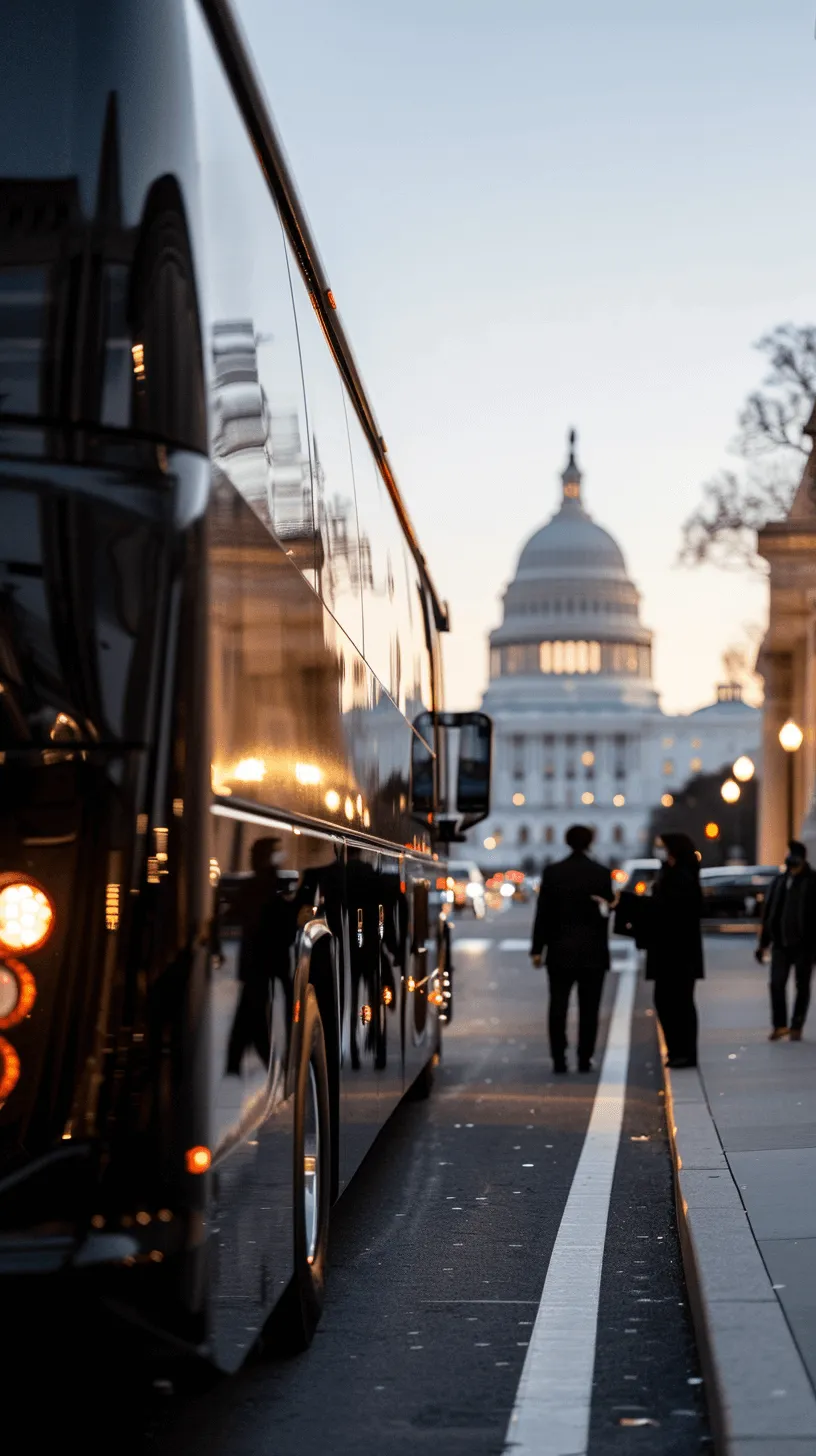As demand for alternatives to commercial flights rises, drvn's platform customizes travel coordination solutions for groups and families.

effortless ehort-Haul ground coordination
Long Distance Coordination
Discover streamlined door-to-door journey coordination with drvn's technology, offering a peaceful alternative to short-haul flights.
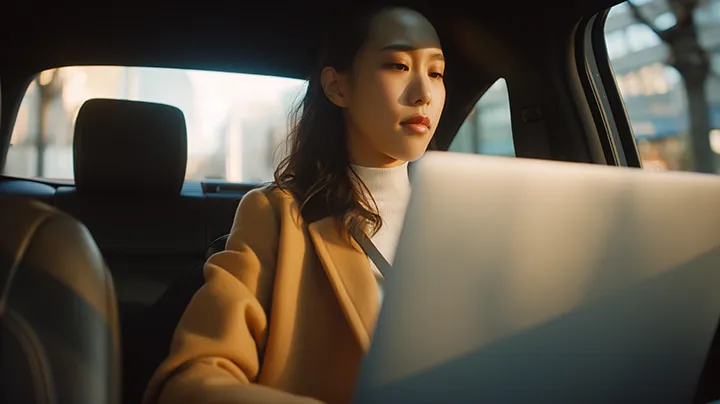
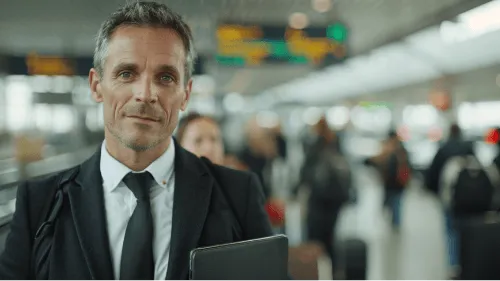
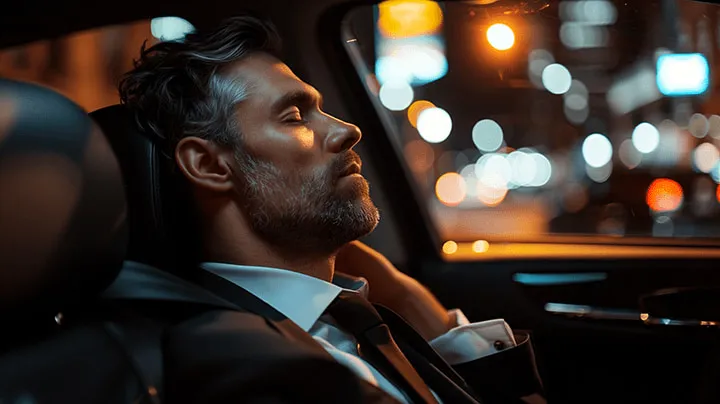

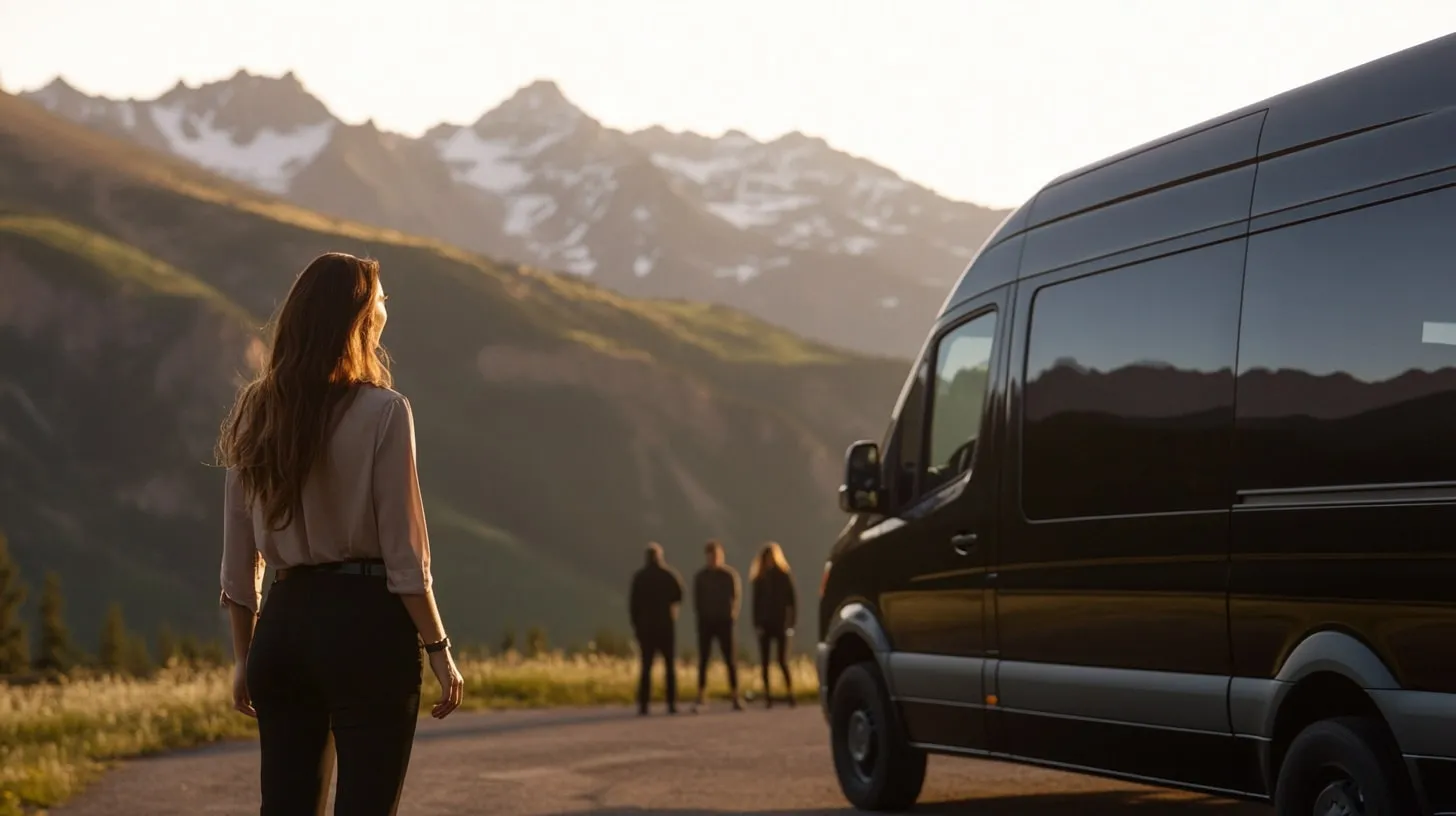
.webp)
.webp)
.webp)
